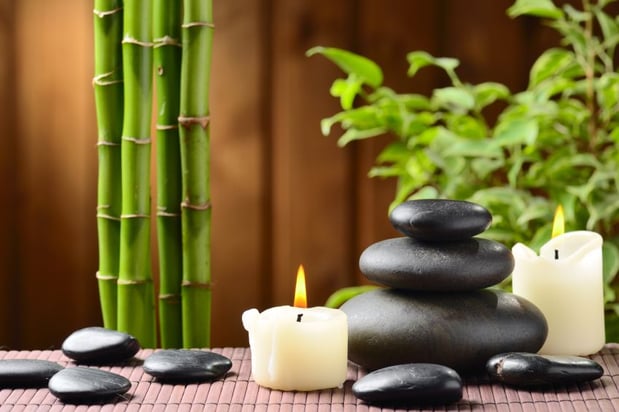Active alcoholism tears a person down mentally, emotionally, physically and spiritually. In fact, most people who enter rehab, counseling or a 12-step program have reached some sort of dead end. They may have lost their job, finances, children, relationships or even had an encounter with the law. It’s safe to say that alcoholism is not just an isolated problem, but it also robs you of your peace of mind, health and sense of spiritual purpose throughout your life.
Holistic recovery addresses all of the above issues by focusing on the wellness of the entire person. This includes healing the mind, body and spirit, and paying special attention to all the intricate ways they intertwine.
Holistic Practices
A holistic rehab center does more than just tackle a substance abuse problem. According to the National Institute on Drug Abuse, a holistic recovery program can help individuals stop using alcohol or drugs, identify triggers, determine the root causes of the addiction and treat the person utilizing traditional and alternative healing methods. After all, if you only focus on one or two areas when you're struggling in other areas as well, the unresolved issues may lead you right back into active alcoholism.
Here are some of the more common practices used in holistic recovery:
- Acupuncture: This ancient Chinese technique impacts the body at the energy level, using small needles at acupuncture points on the body. In doing so, energy blocks are released and people tend to feel better afterwards. Don’t worry, the needles do not hurt.
- Acupressure: This method is also centuries old and similar to acupuncture but instead of using needles to get the energy or chi moving, pressure points on the body are lightly massaged.
- Yoga: Yoga is a relaxation and strengthening technique that uses various postures and breathing techniques to bring relaxation and healing.
- Massage: Massage therapists use their hands and sometimes arms to press on the body at various parts in order to relieve muscles from built up stress and lactic acid. Massages are quite popular for those that carry much stress, exercise, and experience pain.
- Spiritual counseling: Spiritual counseling is super good for those who wonder what their purpose and passions are in life. Getting to root problems or issues from a spiritual perspective is quite beneficial and has helped many in recovery.
- Meditation: Meditation is a technique that emphasizes quiet time to gain some control over the thought life. Simply sit or lie down, take a few deep breaths, relax the body and focus on your regular inhale and exhale. As you focus on your breathing, your thoughts should dissipate, leaving you feeling quite peaceful and content. After all, the mind is usually running on overload with thought after thought, so taking a little break each day will serve you well.
- Tai Chi & Qi Gong: Tai Chi and Qi Gong are Chinese techniques that prompts participants to enjoy stress reduction via gentle body movements. There are various streams and philosophies you can follow in these practices.
- Biofeedback: You can use biofeedback in order to get information on various parts of your body. After being hooked up to a biofeedback machine, results are given readily. This helps you learn how to gain control over the parts of your body that are stressed or ill.
- Herbal therapy: Herbal therapy utilizes herbs in order to promote healing to the mind, body and spirit. You can use different herbs to make healing tinctures that will be beneficial to you.
- Exercise: Participating in a regular exercise routine helps maintain mental and physical health. You don’t have to be hardcore, but you do have to at least make a commitment to partake in some form of physical activity regularly in order to receive optimal benefits.
Creating Your Own Plan
Treating your entire self has multiple benefits beyond recovery. It can help you manage stress, avoid triggers, feel mentally and emotionally balanced and be more connected to a higher sense of purpose. When creating a holistic recovery plan for yourself, ask the following type of questions:
- How do I plan on growing emotionally, mentally, physically and spiritually?
- What kinds of resources are available to help me grow holistically?
- Are there any holistic 12-step meetings in my area or online that I can participate in?
Then go ahead and write down your plan. Create goals and action steps to attain them. If you need help, ask a trusted friend, counselor, sponsor, etc. who can assist you. Writing down your goals acts as powerful momentum to get you moving in the right direction.
Staying sober is not just about putting down the drink, but also growing in every way that you can. When you focus on growing in a holistic manner, life will seem easier and make more sense. Instead of feeling like you are just surviving, you will be living and, most of all, thriving.








